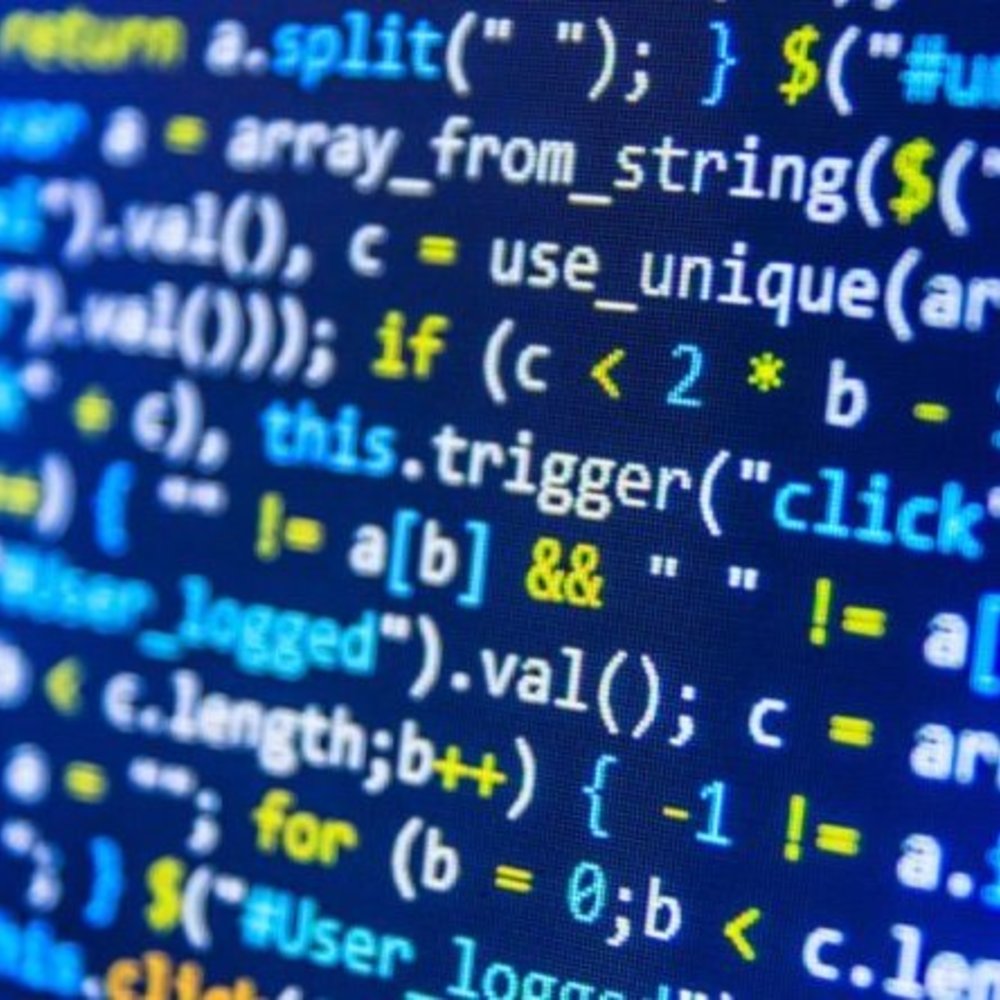
Mastering C Programming: Essential Tips for Beginners
Start with the Basics:
When diving into the world of C programming, it’s crucial to start with the fundamentals. Get familiar with the syntax, variables, data types, and basic operators. Building a strong foundation will make advanced concepts much easier to grasp.
Practice Regularly:
Like any skill, programming improves with practice. Set aside dedicated time each day to code, whether it’s solving small problems, working on mini-projects, or simply experimenting with different functions. The more you code, the more comfortable and fluent you’ll become.
Understand Control Structures:
Control structures are the backbone of C programming. Learn how to use if-else statements, loops (such as for, while, and do-while), and switch cases effectively. These structures are essential for making decisions and controlling the flow of your programs.
Master Functions and Pointers:
Functions allow you to break down your code into smaller, more manageable parts, improving readability and reusability. Pointers, on the other hand, are powerful tools that allow you to manipulate memory addresses directly. Understanding these concepts will take your C programming skills to the next level.
Learn to Debug:
Debugging is a skill every programmer must master. Familiarize yourself with debugging tools and techniques to identify and fix errors in your code. Remember, bugs are inevitable, but knowing how to track them down is what sets great programmers apart.
Get Comfortable with Libraries:
C comes with a rich library of functions that can save you time and effort in coding. Become familiar with standard libraries like stdio.h, stdlib.h, and math.h, among others. Knowing when and how to use these libraries can streamline your coding process.
Practice Problem-Solving:
C is renowned for its efficiency in problem-solving, making it a favorite language for competitive programmers. Challenge yourself with coding exercises and problems from platforms like LeetCode, HackerRank, or Codeforces. These platforms offer a wide range of problems to sharpen your skills.
Read and Analyze Code:
One of the best ways to learn is by studying code written by others. Read open-source projects, tutorials, and sample code to understand different programming styles and techniques. Analyze how the code works, and try to replicate similar solutions in your own projects.
Explore Data Structures and Algorithms:
Data structures and algorithms form the core of computer science and programming. Dive into concepts like arrays, linked lists, stacks, queues, trees, and sorting algorithms. Understanding these structures and algorithms will enable you to solve complex problems more efficiently.
Stay Updated and Engage:
The programming world is constantly evolving, with new updates, tools, and techniques emerging regularly. Stay updated with the latest trends by following programming blogs, forums, and online communities. Engage with fellow programmers, ask questions, and share your knowledge to enhance your learning journey.
Experiment and Have Fun:
Above all, programming should be enjoyable. Don’t be afraid to experiment with new ideas, try out different coding styles, and build projects that interest you. Whether it’s a simple calculator app or a more complex game, hands-on experience is invaluable for mastering C programming.
Conclusion
Mastering C programming takes time, dedication, and a lot of practice. By following these essential tips, beginners can build a strong foundation and develop the skills needed to become proficient C programmers. So, roll up your sleeves, fire up your compiler, and embark on the exciting journey of mastering the C programming language! Read more about tips for learning c
